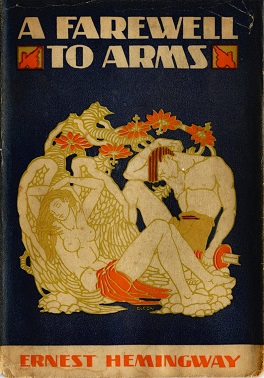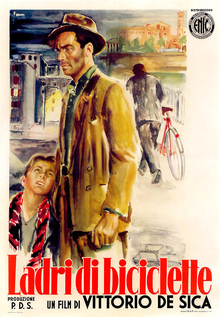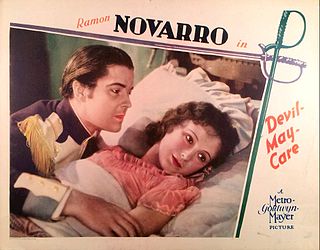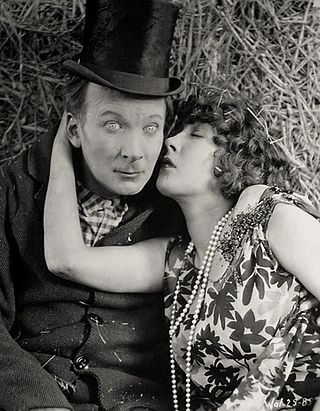
The Serie A, officially known as Serie A TIM for sponsorship reasons, is a professional league competition for football clubs located at the top of the Italian football league system and the winners are awarded the scudetto and the Coppa Campioni d'Italia. It has been operating as a round-robin tournament for over ninety years since the 1929–30 season. It had been organized by the Direttorio Divisioni Superiori until 1943, the Lega Calcio until 2010, and the Lega Serie A ever since. Serie A is regarded as one of the best football leagues in the world and it is often depicted as the most tactical and defensively sound national league. Serie A was the world's strongest national league in 2020 according to IFFHS, and is ranked third among European leagues according to UEFA's league coefficient – behind La Liga and the Premier League, and ahead of Bundesliga and Ligue 1 – which is based on the performance of Italian clubs in the Champions League and the Europa League during the previous five years. Serie A led the UEFA ranking from 1986 to 1988 and from 1990 to 1999.

Sergio Leone was an Italian film director, producer, and screenwriter, credited as the pioneer of the spaghetti Western genre. He is widely regarded as one of the most influential directors in the history of cinema.

A Farewell to Arms is a novel by American writer Ernest Hemingway, set during the Italian campaign of World War I. First published in 1929, it is a first-person account of an American, Frederic Henry, serving as a lieutenant in the ambulance corps of the Italian Army. The novel describes a love affair between the American expatriate and an English nurse, Catherine Barkley.
The Academy Award for Best Picture is one of the Academy Awards presented annually by the Academy of Motion Picture Arts and Sciences (AMPAS) since the awards debuted in 1929. This award goes to the producers of the film and is the only category in which every member of the Academy is eligible to submit a nomination and vote on the final ballot. The Best Picture category is traditionally the final award of the night and is widely considered as the most prestigious honor of the ceremony.
The Academy Award for Best International Feature Film is one of the Academy Awards handed out annually by the U.S.-based Academy of Motion Picture Arts and Sciences (AMPAS). It is given to a feature-length motion picture produced outside the United States with a predominantly non-English dialogue track.

The Lateran Treaty was one component of the Lateran Pacts of 1929, agreements between the Kingdom of Italy under King Victor Emmanuel III and the Holy See under Pope Pius XI to settle the long-standing Roman Question. The treaty and associated pacts were named after the Lateran Palace where they were signed on 11 February 1929, and the Italian parliament ratified them on 7 June 1929. The treaty recognized Vatican City as an independent state under the sovereignty of the Holy See. The Italian government also agreed to give the Roman Catholic Church financial compensation for the loss of the Papal States. In 1948, the Lateran Treaty was recognized in the Constitution of Italy as regulating the relations between the state and the Catholic Church. The treaty was significantly revised in 1984, ending the status of Catholicism as the sole state religion.

Condemned is a 1929 American pre-Code melodrama, directed by Wesley Ruggles, and starring Ronald Colman, Ann Harding, Dudley Digges, Louis Wolheim, William Elmer, and Wilhelm von Brincken. The movie was adapted by Sidney Howard from the novel by Blair Niles.

Bicycle Thieves, also known as The Bicycle Thief, is a 1948 Italian neorealist drama film directed by Vittorio De Sica. It follows the story of a poor father searching in post-World War II Rome for his stolen bicycle, without which he will lose the job which was to be the salvation of his young family.

Alessandro Blasetti was an Italian film director and screenwriter who influenced Italian neorealism with the film Quattro passi fra le nuvole. Blasetti was one of the leading figures in Italian cinema during the Fascist era. He is sometimes known as the "father of Italian cinema" because of his role in reviving the struggling industry in the late 1920s.
A list of some notable films produced in the Cinema of Italy ordered by year and decade of release For an alphabetical list of articles on Italian films see Category:Italian films.

Jacques de Baroncelli was a French film director best known for his silent films from 1915 to the late 1930s. He came from a Florentine family who had settled in Provence in the 15th century, occupying a building in the centre of Avignon then called the Baroncelli Palace. His father's side of the family were of Tuscan origin and part of the Ghibelline tradition, and they were hereditary Marquises of Javon. Though somewhat aristocratic, the family spoke Provençal, which was rather controversial at a time when it was considered to be a language of the common people. His older brother was Folco de Baroncelli-Javon,

Ruggero Mastroianni was an Italian film editor. In his obituary of Mastroianni, critic Tony Sloman described him as "arguably, the finest Italian film editor of his generation."

My Man is a 1928 black and white sound part-talkie American comedy-drama musical film directed by Archie Mayo starring Fanny Brice and featuring Guinn "Big Boy" Williams. In addition to sequences with audible dialogue or talking sequences, the film features a synchronized musical score and sound effects along with English intertitles. The soundtrack was recorded using the Vitaphone sound-on-disc system.

Devil-May-Care is a 1929 American Pre-Code musical film directed by Sidney Franklin with a Technicolor sequence of the Albertina Rasch Dancers. The film was released by Metro-Goldwyn-Mayer on December 27, 1929 and was Ramon Novarro's talkie debut.

Hot for Paris is a 1929 American pre-Code black-and-white romantic adventure musical film. This film is believed to be lost. The film is also known as Fifì dimmi di sì in Italy and Un marido afortunado in Spain. The film length (metres) is 1710.84 m in the silent version and 2002.54 m in the sound version.

Her Private Life is a surviving 1929 American pre-Code drama film directed by Alexander Korda and starring Billie Dove, Walter Pidgeon and Holmes Herbert. The plot concerns an English aristocrat who causes a scandal when she divorces her husband and runs off with a young American. The film had been considered a lost film. However, in July 2016, according to the Library of Congress, the film was found in an Italian archive.

The Man and the Moment is a formerly lost 1929 sound part-talkie romantic comedy film directed by George Fitzmaurice and starring Billie Dove. In addition to sequences with audible dialogue or talking sequences, the film features a synchronized musical score and sound effects along with English intertitles. The soundtrack was recorded using the Vitaphone sound-on-disc system. The film survives in a copy of the International Sound Version. The sound of the domestic part-talkie version was synchronized to the surviving print of the international sound version. Because of this, many scenes feature intertitles shown immediately after the spoken dialogue conveying the same words. The talking sequences on the international sound version were muted with music and intertitles were inserted to convey the dialogue replaced in the appropriate foreign language. Therefore, intertitles were left in the talking sequences during the restoration to maintain synchronization with the Vitaphone soundtrack. The story is from a 1914 novel by Elinor Glyn, the famous novelist. The film was produced by Richard A. Rowland and released by First National Pictures. A British silent film had been film of the same story in 1918.















